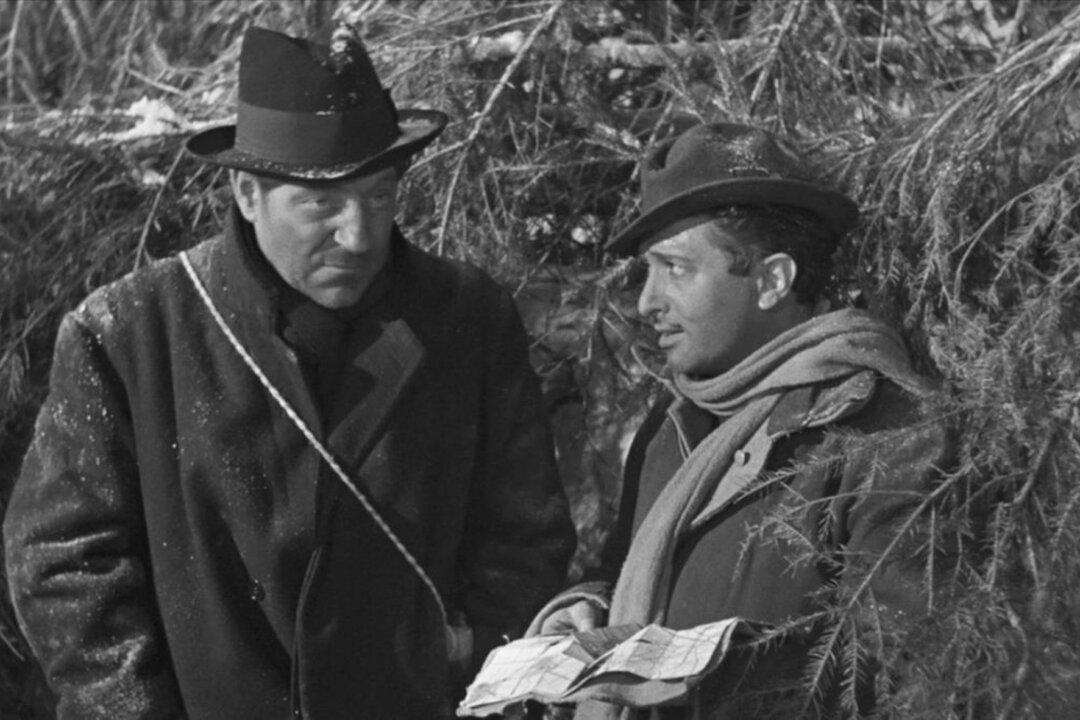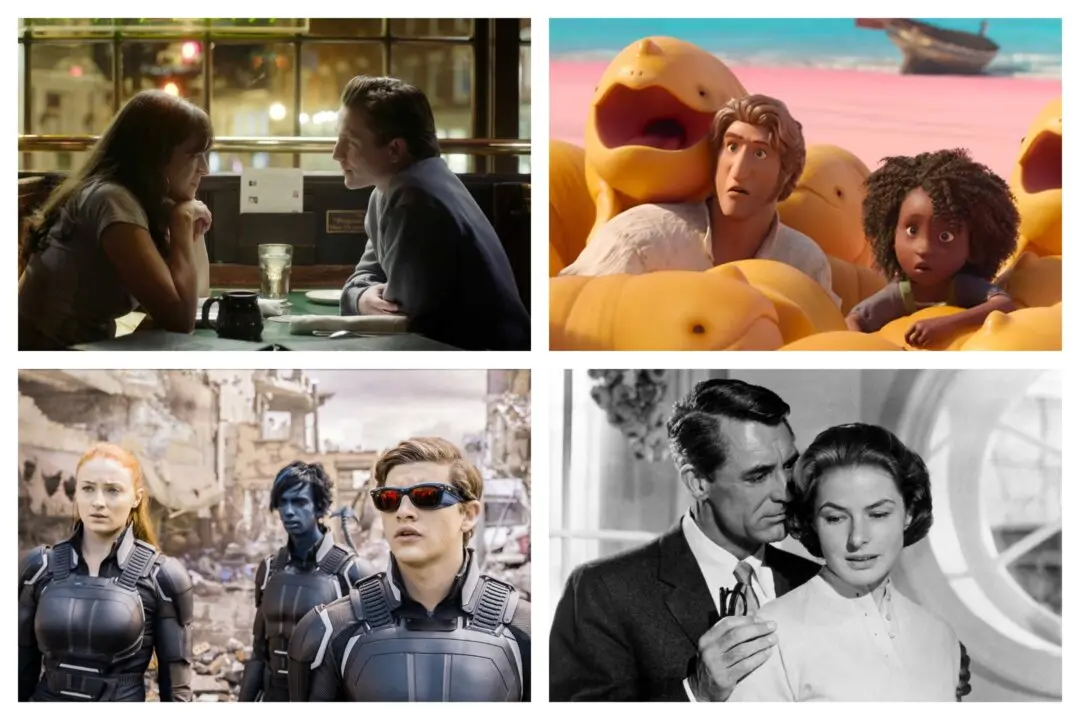NR | 1h 53m | Drama, War | 1938
A masterpiece of cinema, “The Grand Illusion” has left an indelible mark on film history. Near the end, two dark figures trudge wearily through a snow-covered valley, their path flanked by towering mountains as German soldiers pursue them. These men have journeyed far to reach an invisible line—the border between Germany and Switzerland. It’s a line that separates not only nations, but also freedom from imprisonment and life from death. Will they make it across? The answer to this question, and the deeper meaning behind it, is tied to the film’s themes and its title.






